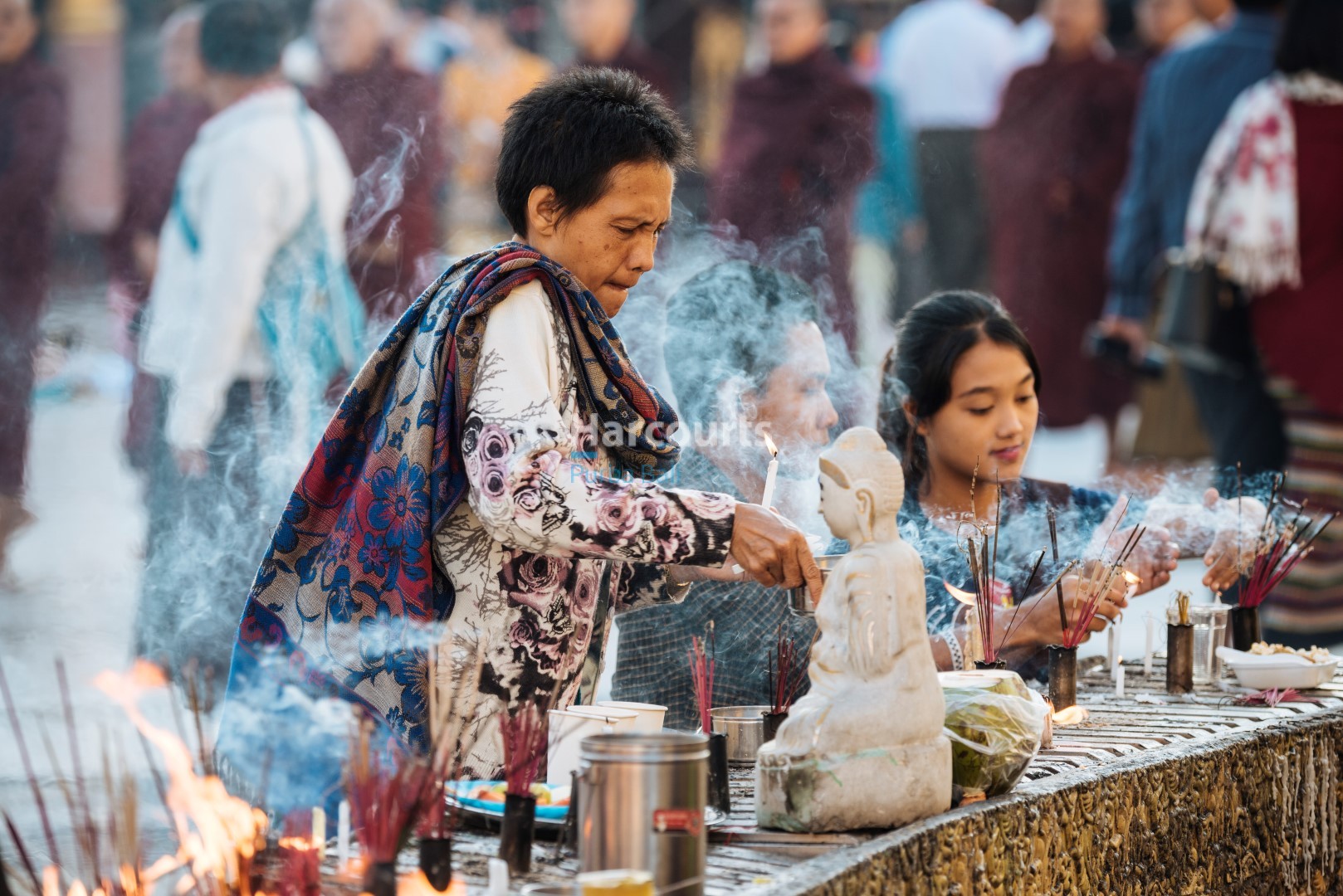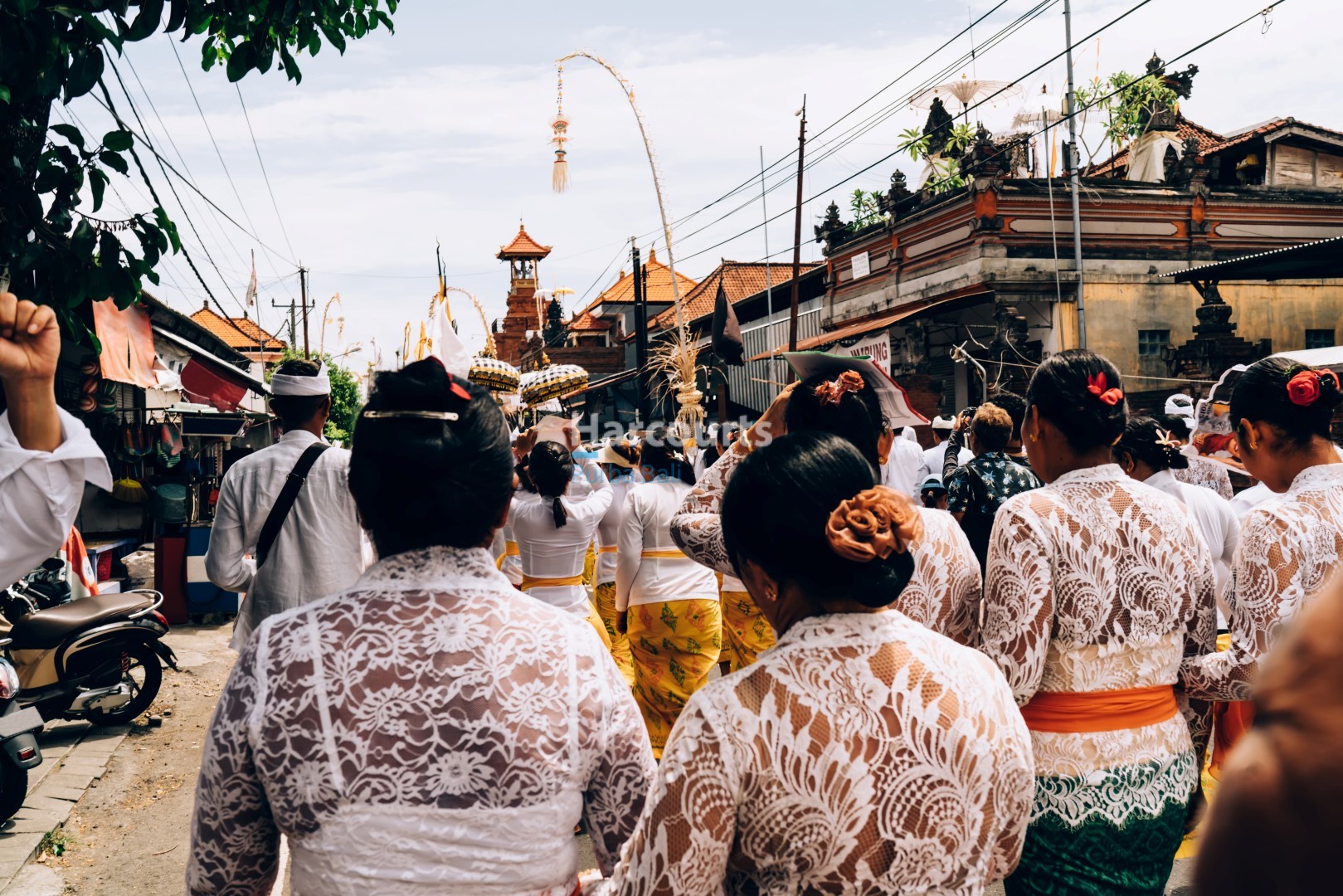Bali is not just known for its breathtaking landscapes and vibrant tourism; it is also celebrated for its deeply rooted culture and spiritual traditions. Among the most significant Balinese holidays are Galungan and Kuningan, which embody the island’s rich heritage and its people’s devotion to their faith. These holidays hold deep religious significance for the Balinese Hindu community, offering a unique insight into Bali’s spiritual life.
For visitors and residents alike, understanding the meaning and traditions of Galungan and Kuningan can enhance their connection to Bali’s culture. In this blog, we’ll explore the origins, significance, and customs associated with these iconic holidays.
What is Galungan?
Galungan marks the victory of dharma (good) over adharma (evil). It is celebrated as a time when ancestral spirits visit the earth, and Balinese families honor them with prayers, offerings, and ceremonies. This festive occasion occurs every 210 days, based on the Pawukon calendar, and lasts for 10 days until Kuningan.
Key Traditions of Galungan
- Penjors: One of the most striking visual elements of Galungan is the penjors—tall bamboo poles adorned with coconut leaves, flowers, and offerings. These are placed outside homes and temples, symbolizing prosperity and gratitude.
- Family Gatherings: Galungan is a time for families to come together to honor their ancestors. Prayers are offered at family temples, and homes are decorated with offerings to welcome the spirits.
- Balinese Cuisine: Special dishes, such as lawar (a mix of vegetables and meat) and satay, are prepared and enjoyed as part of the celebrations.
What is Kuningan?
Kuningan, celebrated 10 days after Galungan, signifies the end of the festive period. It is believed that on this day, ancestral spirits return to the heavens. The word “Kuningan” is derived from “kuning,” meaning yellow, a color associated with prosperity and purification in Balinese Hinduism.
Key Traditions of Kuningan
- Offerings: Special offerings made with yellow rice, fruits, and flowers are presented at temples and family shrines. These signify gratitude and respect for the spirits.
- Temple Visits: Balinese Hindus visit temples to participate in prayer ceremonies, which often include traditional dances and gamelan music.
- Final Farewells: Kuningan ceremonies are deeply spiritual, as they mark a respectful farewell to the ancestral spirits until their next visit during the next Galungan.
Cultural Significance of Galungan and Kuningan
These Balinese holidays are more than just religious events; they are integral to Bali’s cultural identity. They embody values such as family unity, gratitude, and the importance of maintaining balance between good and evil. The festive atmosphere during Galungan and Kuningan is evident across the island, with temples buzzing with activity and streets lined with penjors.
For those visiting during a Bali holiday today or planning a trip during Galungan and Kuningan, it’s a chance to witness Bali’s cultural richness up close. These celebrations offer an authentic experience of the island’s traditions and spirituality.

Experiencing Galungan and Kuningan in Bali
If you’re in Bali during Galungan and Kuningan, there are plenty of opportunities to observe and even participate in these holidays. Here are some tips to make the most of your experience:
- Visit Temples: Iconic temples such as Besakih, Uluwatu, and Tirta Empul hold grand ceremonies during Galungan and Kuningan. These are ideal places to witness traditional rituals and offerings.
- Respect Local Customs: While exploring the festivities, it’s essential to dress modestly and follow local etiquette when visiting temples.
- Join Community Events: Many Bali neighborhoods host cultural performances, including traditional dances and gamelan music. These are open to locals and tourists alike, offering a deeper understanding of Balinese traditions.
Galungan and Kuningan offer a window into the heart of Bali’s culture, showcasing the island’s dedication to spirituality, family, and tradition. Whether you’re visiting Bali or planning to settle here, these holidays provide a unique opportunity to connect with the island’s way of life.





